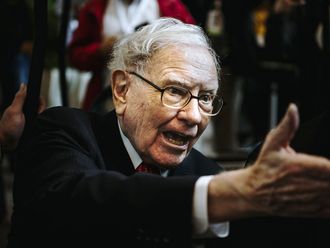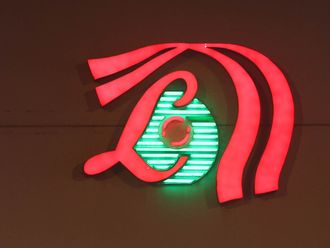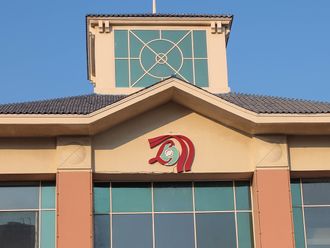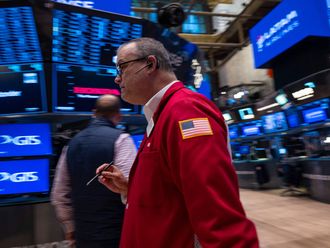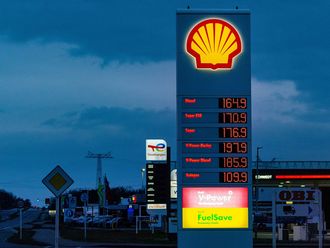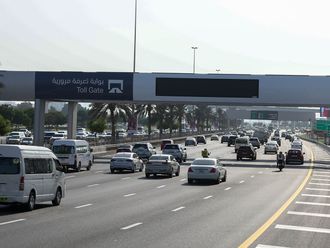Dubai: Egypt will be taken before international arbitration courts by Saudi investors that claim to have lost over $350 million following asset seizures.
Noubaria Seed Production Company and Tanta Flax and Oil Company, both owned by Shaikh Abedlelah Kaki and his family, will be claming $250 million and $100 million from the Egyptian government respectively in two legal claims.
Alexandria-based Noubaria Seed, an exporter of fruit and vegetables, was acquired by the Kaki family in 1997 after it was privatised by the government of ousted president Hosni Mubarak. In October 2011 it was seized by the state following a ministerial decree.
Meanwhile, Tanta Flax, an exporter of flax seed and fibers, was acquired in 2005 in a privatization drive by the then government which has since been reversed by a Cairo court. In this case, the company has been deprived of essential supplies but allowed to keep functioning and was expected to pay wages.
Law firms acting for the investors told Gulf News that despite repeated letters and threats of legal action, they have been unable to get information on why the seizures have taken place. They have been left with no choice but to take legal action, they say.
Benjamin Knowles, the Clyde and Co partner working on the Tanta Flax dispute, said that Shaikh Kaki would be claiming $100 million that had been lost in costs, assets and wages paid to staff.
Knowles added that despite repeated efforts, neither the firm or Shaikh Kaki had been able to find out why the decision has been made to deny the company access to flax, an essential ingredient in its manufacturing process, or reversed the original privatisation decision.
"Having seen the Cairo Administrative Court judgment it talks about the values of privatisation in Egypt being under the sway of the United States and so on, so it looks like a rogue judge who has decided to make an ideological judgment overturning the original investment," Knowles said.
He added that as 300 companies were privatised under the law that affected Tanta Flax, the decision did not bode well for future investment in Egypt. Although the ongoing need for investment from Egypt, Knowles said, was widely recognised.
"We are optimistic because the one thing that Egypt needs is investment. As long as investors don't know whether their asserts are going to remain theirs they are not going to come in," he added.
The arbitration claims will most likely be filed in an international forum as the investors are entitled. The investors believe this will ensure an objective hearing and could give them the right to seize Egyptian assets internationally.
Egypt, which ousted Mubarak in 2011, has taken action against a number of Dubai-based firms including developer Damac, which had land seized and its chairman jailed in absentia. The case has still not been resolved.
In many cases it has argued that deals were underhand or corrupt or that prices paid for tenders or land were not high enough. In some cases, such as with Damac, it has taken businessmen who conducted deals with the Mubarak regime to court as well as confiscating assets or land.
Shaikh Kaki, according to his lawyers, is a prominent businessman in Egypt with investments in GM Egypt and Delta International Bank. Knowles said his client's acquisitions in the Mubarak-era privatisation drive were through a legitimate tender process.
"I am aware of nothing that suggests there was anything underhand about it," he said.



